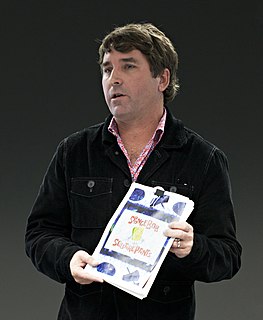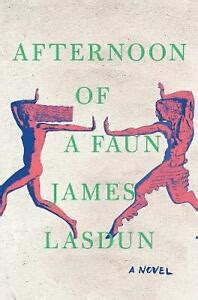A Quote by Lisa Scottoline
You can really help support a character if you understand the setting. So for that reason I generally write about Philadelphia.
Related Quotes
It used to be said that, socially speaking, Philadelphia asked who a person is, New York how much is he worth, and Boston what does he know. Nationally it has now become generally recognized that Boston Society has long cared even more than Philadelphia about the first point and has refined the asking of who a person is to the point of demanding to know who he was. Philadelphia asks about a man's parents; Boston wants to know about his grandparents.
The only reason we write - well, the only reason why I write; maybe I shouldn't generalize - is so that I can find out something about myself. Writers have this narcissistic obsession about how we got to be who we are. I have to understand my ancestors - my father, his mother and her mother - to understand who I am. It all leads back to the narcissistic pleasure of discovering yourself.
The first reason for psychology's failure to understand what people are and how they act, is that clinicians and psychiatrists, who are generally the theoreticians on these matters, have essentially made up myths without any evidence to support them; the second reason for psychology's failure is that personality theory has looked for inner traits when it should have been looking for social context.
When talented people write badly, it's generally for one of two reasons: Either they're blinded by an idea they feel compelled to prove of they're driven by an emotion they must express. When talented people write well, it is generally for this reason: They're moved by a desire to touch the audience.
And it's a necessity [for journalists] to pretend to be competent on every subject, some of which they really do not understand. They are under that necessity, I regret; I'm sorry for them. But to pretend to understand all the things you write about, and habitually to write about things you do not understand, is a very corrupting thing.
Generally the reason they fail in the job is, you made some mistake in the hiring process in that you didn't match... them to the needs of your company accurately enough. That's the #1 reason this fails. And that's generally a good place to start: Here's where we are and here's what I didn't recognize about us and about you when I made the decision, and now it is what it is.
Maybe I'm perverse, but the question of "rooting" for a character, or setting out to write a character for whom other people will root, has never had anything to do with why I read or write fiction. As long as the writing and story remain alive, intense, invigorating, provoking, the characters can be as demonic or saintly as the author wants.
To love someone properly probably means that you won’t be very popular. Pure love, loving the way it was intended, is unfortunately a foreign concept to many. Love is messy. Love will involve hardship, demand patience, require forgiveness, test maturity, strain friendship, challenge priorities, refine character, ignite the heart and unleash the soul. Love is not something you sing about, it’s the reason you sing. Love is not something you write about, it’s the reason you write. Love is not something you live to find, it’s the reason that you are alive.
I believe a good writer can write a good book with any sort of character, in any sort of setting, but I prefer to write about the outsider. It might just be because I've been one (or perceived myself to be one) for so much of my life. But the simple fact of being marginalized immediately brings conflict to a story before the narrative even begins, and that's gold for a writer because it means that your character already has depth before events begin to unfold.
There are 4 types of relationships. We generally know people who guide and help us like a parent or teacher; those who need our wisdom or help like a child or student; people with similar knowledge and experience on our life path who want to offer unconditional support; and those who do not wish to support us.



































